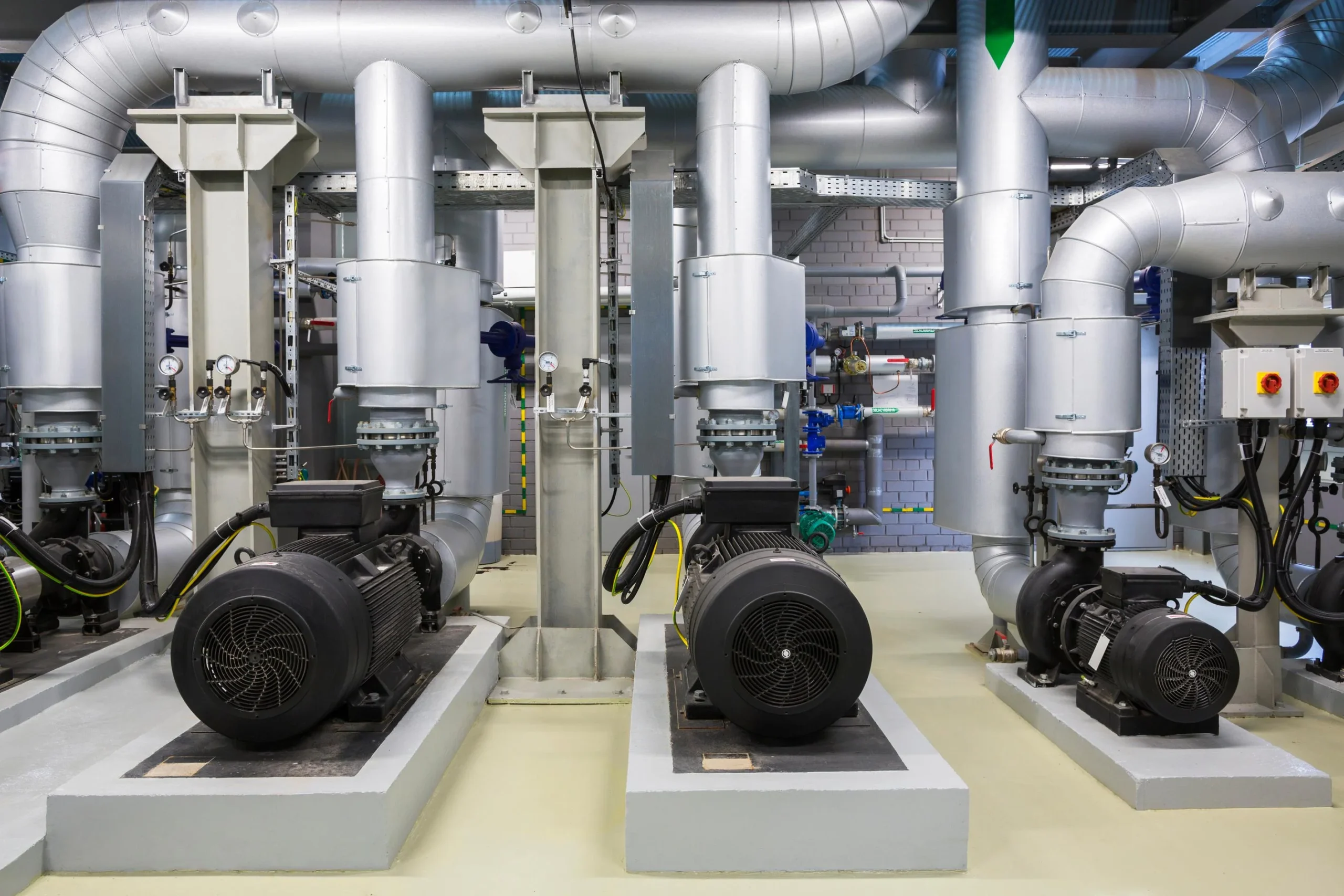It is easy to overlook the maintenance of dewatering pumps. This is because they are frequently concealed in sump pools. Until something goes wrong with them. You may end up with water pools everywhere.
Regular maintenance is essential for pumps to function at their best. In this blog, we will go over key maintenance tips. This will increase their dependability and efficiency.
Proper lubrication
Pump parts require proper lubrication to operate well. You should regularly inspect and oil the pump’s bearings and other moving components.
You must do this per the manufacturer’s instructions. Proper greasing lowers heat, wear and tear, and friction. This increases pump life and efficiency.
Regular inspection and cleaning
Pumpbiz experts always stress how crucial routine cleaning and inspection are for the longevity of pumps. Sediment, silt, and dust accumulate in a pump’s impeller and intake. It can lower its effectiveness and even cause damage.
Examine and clean your dewatering pump’s parts regularly. You should use the right tools and cleaning solutions. Additionally, examine the pump for any blockages or obstructions in the intake screens or filters. These can restrict water flow and put stress on the pump.
Take care of the engine and motor
Engine or electric motor-powered dewatering pumps require more maintenance. Observe the manufacturer’s recommended maintenance schedule.
This includes checking the electrical connections, changing the oil, and checking the fuel filters. Pump performance is reliable and consistent with a properly maintained engine or motor.
Look out for leaks
Leakage reduces the effectiveness of dewatering pumps. Always check for leaks in all hoses and seals regularly. Even small leaks can result in reduced pumping capacity and substantial energy waste. To preserve optimal performance, fix any leaks as soon as possible. Replace damaged seals or tighten connections.
Resolve vibration issues
Overvibrating pumps can harm them and reduce their efficiency. Always verify the safety and stability of the pump’s foundation and installation.
What if you notice sudden vibrations when operating? You should investigate and address the problem immediately. Common causes of vibration include:
- Impeller failure
- Worn-out bearings
- Misalignment
Monitor the pump’s performance
Keep a close eye on your pumps’ operation to spot any odd variations or inefficiencies. You should monitor the pump’s pressure, power usage, and flow rate.
Deviations from standard operating conditions could indicate potential issues that need to be addressed. Early problem detection can prevent downtime and expensive malfunctions.
Store the pump appropriately
Always store your dewatering pump in a clean, dry location when not in use. The pump should not be exposed to extreme weather elements.
Proper storage prolongs the life of pump components and prevents corrosion. This reduces the need for premature replacements.
Perform routine pump testing
You should conduct regular performance tests. This is to ensure your dewatering pump is operating as efficiently as possible.
Testing will help you find inefficiencies—for instance, a high power consumption or a lower flow rate. Then, take corrective action in accordance with the test findings. This will keep the pump operating at its best.
The takeaway
Maintaining your dewatering pump can ensure optimal performance and a prolonged lifespan. Create a preventative maintenance schedule involving cleaning and regular component checks.

